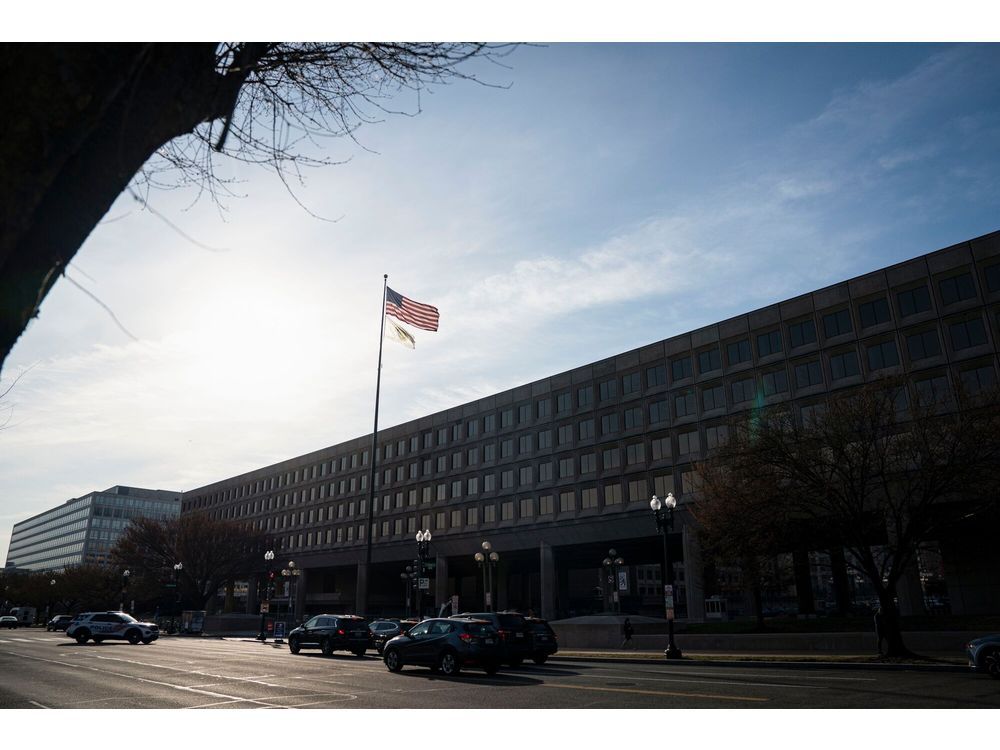A dark pool is a type of securities trading that takes place away from exchanges. This method allows traders to buy and sell large blocks of shares without revealing their identity or the size of the trade. Dark pools are often used by institutional investors who want to trade large blocks of shares without affecting the market price.
What is a dark pool?
A dark pool is a trading platform that allows institutional investors to anonymously trade large blocks of shares while avoiding the pressures and costs associated with constantly moving markets. Dark pools are sometimes referred to as ‘dark liquidity pools’ or simply ‘dark pools.’ Traders on such platforms will try to disguise their trades in order to avoid initiating a major move in the price of a security. Dark pools are typically operated by investment banks and are therefore subject to strict regulations.
How do dark pools work?
The main feature of a dark pool is its anonymity. Traders on such platforms can buy and sell large blocks of shares without disclosing the size of their trades. This anonymity protects traders from front-running, which is when a trader attempts to move the market in order to take advantage of another trader’s pending order.
Once a trade has been placed on a dark pool, it is executed according to the existing market price at that time. There is typically no guarantee that a dark pool will provide access to the best price available at any given moment, so traders should conduct research on the platform before deciding whether to use it.
Why do institutional investors use dark pools?
Dark pools have become popular among institutional investors for several reasons. Traders often prefer to buy or sell large amounts of shares without disrupting the market prices, which tend to fluctuate more dramatically with smaller trades. Additionally, dark pools protect against the risks associated with trading large amounts of shares on a publicly-traded exchange. Because these pools are not subject to the same regulations as stock exchanges, they are able to offer their clients lower transaction costs and more anonymity.
Although dark pools provide many benefits to institutional investors, they also present some risks. It can be difficult to assess the liquidity of dark pools, and there is often no guarantee that traders will receive the best price. Because dark pools are not regulated, there is also no guarantee that traders’ funds will be safeguarded by regulatory agencies in the event of a problem. As such, traders must carefully research dark pools before committing their funds to them.
Despite the drawbacks, dark pools are becoming increasingly popular among institutional investors. Some analysts predict that dark pools will soon rival stock exchanges in terms of volume, as more traders move their funds away from publicly-traded markets. Although there are still many risks associated with dark pools, they have the potential to offer large investors a more efficient and secure trading method.
FAQs
Why is dark pool legal?
Dark pools are legal because they provide several benefits to institutional investors, including increased liquidity and lower transaction costs. These pools are also subject to strict regulatory oversight, which helps ensure that traders’ funds are protected and that traders receive fair pricing for their trades. Despite these benefits, there are also some risks associated with using dark pools, including the possibility that traders may not get access to the best price available. As such, traders should carefully research dark pools before committing their funds to them.
How do banks decide who gets access to dark pools?
There is no single answer to this question, as different banks have different criteria for determining which traders are granted access to their dark pools. Some banks may prioritize large institutional investors, while others may base access on the size or type of trades being placed. In general, banks will require traders to complete a due diligence process in order to qualify for access to dark pools. This process typically involves providing information about the trader’s trading history and assets under management, as well as conducting background checks and verifying financial statements. Once a trader has been approved for dark pool access, they will likely need to complete periodic reviews in order to maintain that access.
Why do institutional investors prefer dark pools to publicly-traded markets?
There are several reasons that institutional investors may prefer dark pools to publicly-traded markets. For one, dark pools allow these traders to avoid disrupting market prices when they are buying or selling large amounts of shares. Additionally, dark pools offer increased liquidity and lower transaction costs than publicly-traded markets. In addition to these practical benefits, dark pools often provide traders with more anonymity and regulatory oversight than publicly-traded markets. As such, institutional investors may choose dark pools as a way to protect their funds and minimize their exposure to market volatility. However, it is important to note that there are also some risks associated with dark pools, including the possibility that traders may not receive the best price available. As such, institutional investors should carefully research dark pools before committing their funds to them.
Who controls the dark pool?
Different dark pools are typically controlled by different entities or groups. Some dark pools may be operated directly by large banks or financial institutions, while others may be controlled by independent third-party companies. In general, the entity that controls the dark pool will set the rules and regulations for that pool, including who is allowed to access it. Additionally, this entity may be responsible for managing the overall functioning and security of the pool, as well as setting the fees and commissions associated with trading on the platform. It is important to note that regardless of who controls the dark pool, these entities are subject to strict regulatory oversight to ensure that traders’ funds are protected and that traders are receiving fair pricing for their trades.
How do I know if a dark pool is safe to use?
Different dark pools will have different levels of safety and security. In general, it is important to research the specific dark pool you are considering, as well as its owner or operator. This should include reading reviews from other traders who have used the pool, as well as verifying that it is subject to strict regulatory oversight. Additionally, you should make sure that the dark pool offers sufficient liquidity and pricing transparency, and try to determine whether it has a history of fraudulent or unethical behavior. By taking the time to carefully research any dark pool that you are considering using, you can help ensure that it is safe and secure for your trading needs.
The bottom line
Institutional investors may prefer dark pools due to the practical benefits they offer, including lower transaction costs and greater liquidity. However, it is important to do your research before committing to any dark pool, as there may be risks associated with trading on these platforms. Ultimately, the best way to ensure that a dark pool is safe and secure is to carefully research its history, reputation, and regulatory oversight.
Further questions
What's your question? Ask it in the discussion forum
Have an answer to the questions below? Post it here or in the forum




